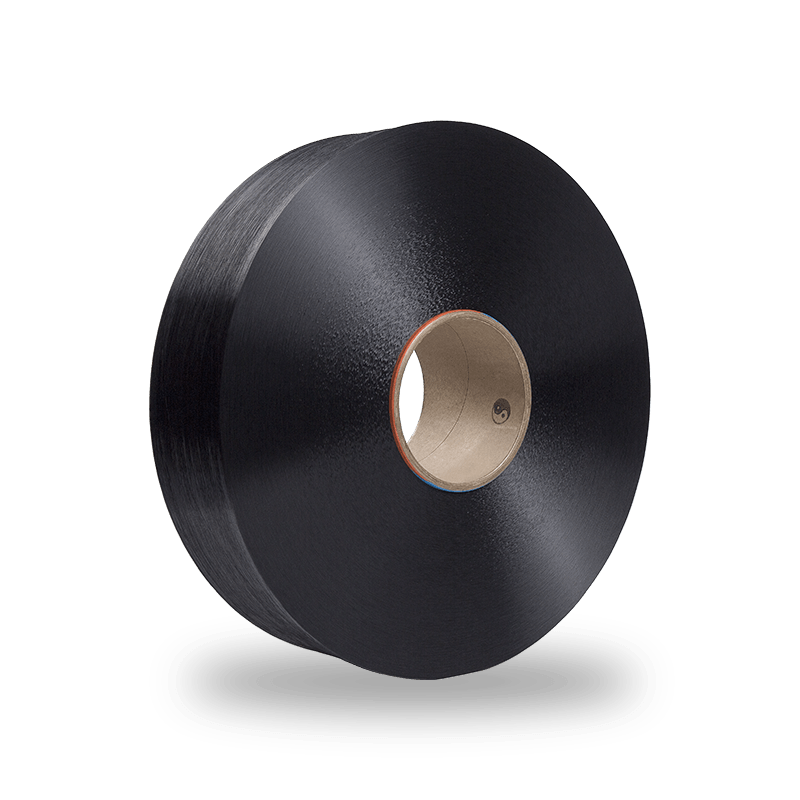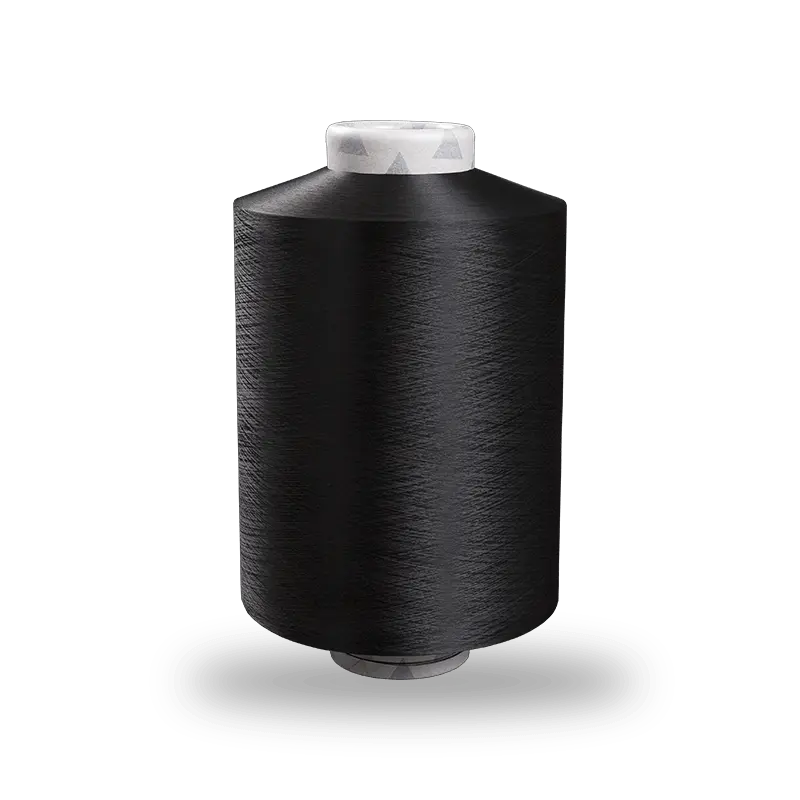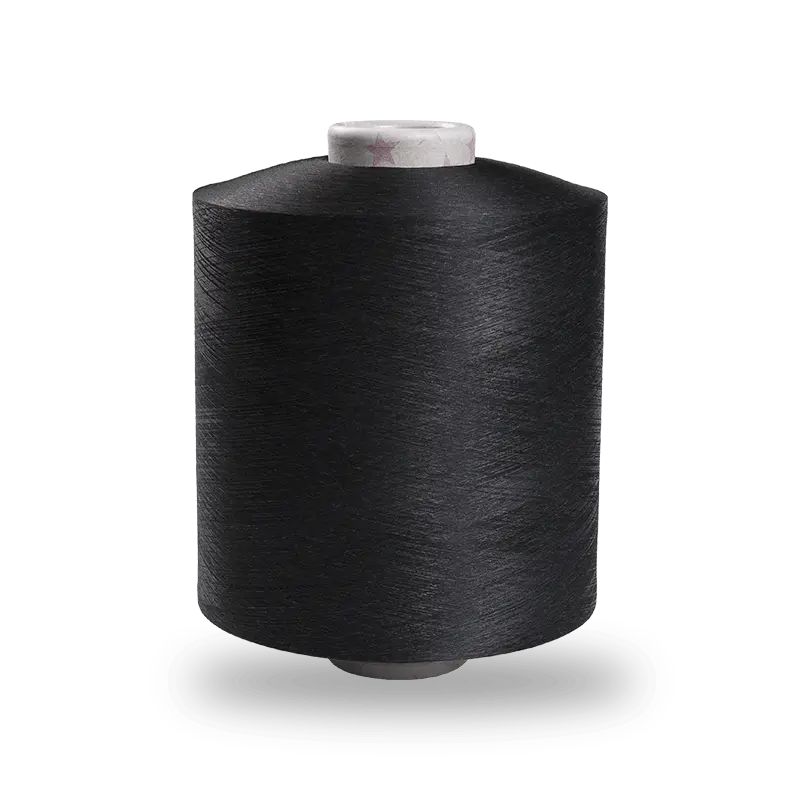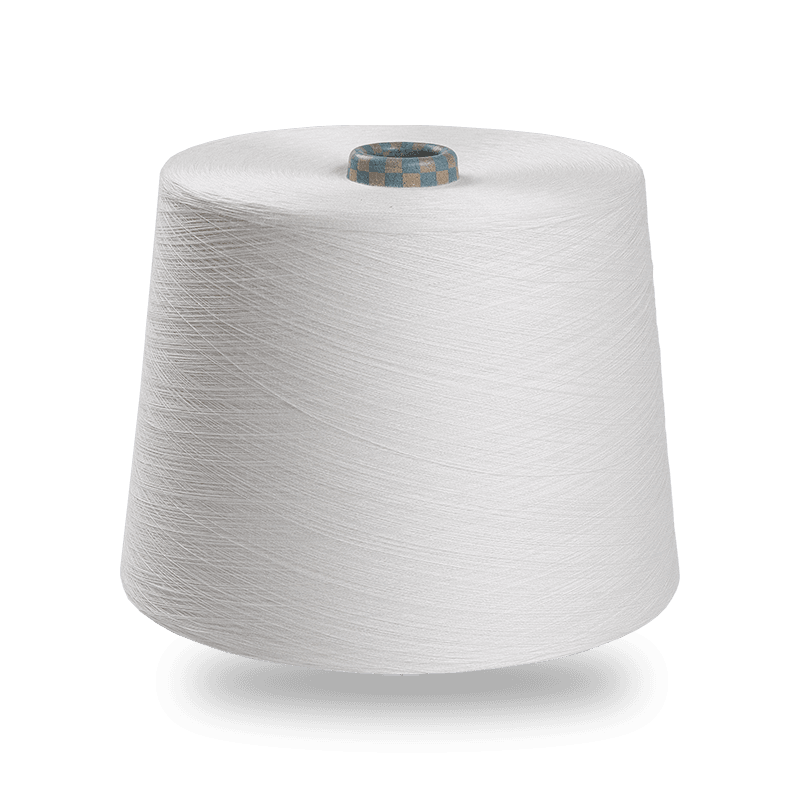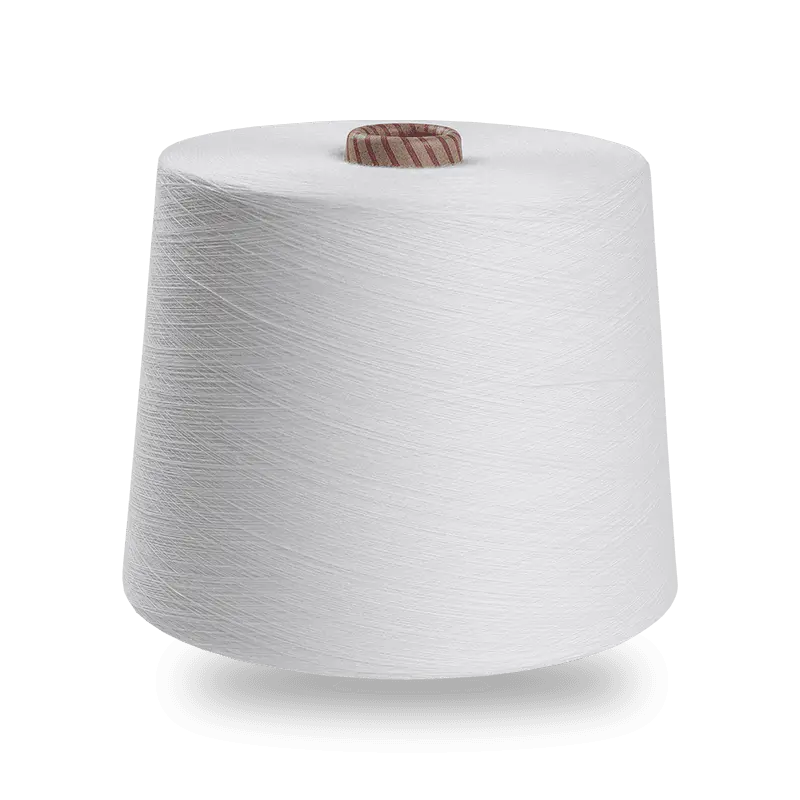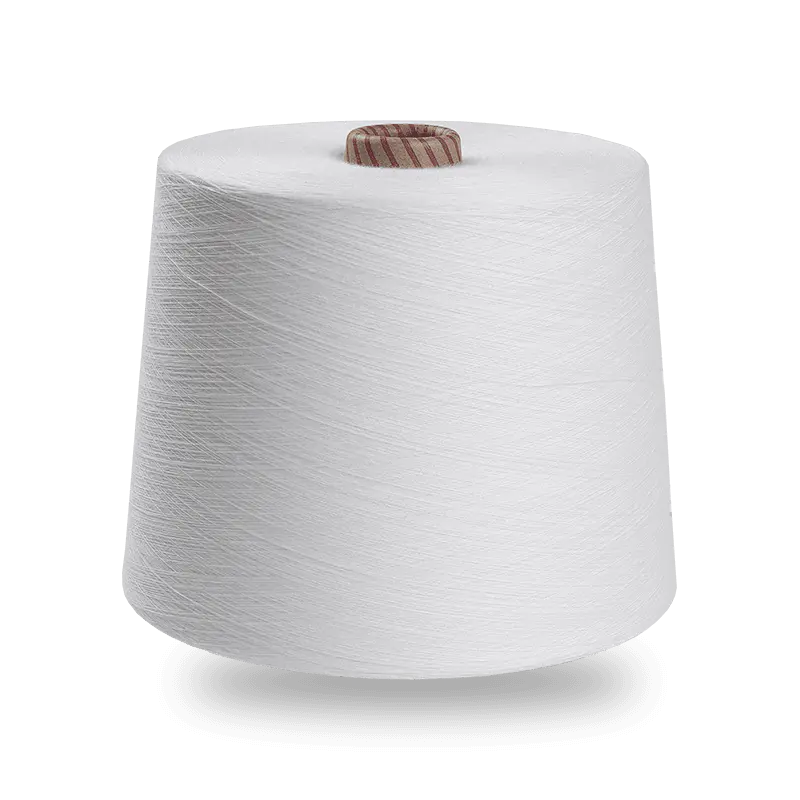In today’s textile industry, sustainability is no longer just a trend—it's a decisive factor in how manufacturers operate and how global buyers select their suppliers. As producers of Nylon 6 FDY, we’ve seen firsthand how environmental considerations are increasingly woven into procurement criteria, especially for clients in Europe, North America, and Southeast Asia. Nylon 6 FDY production, traditionally associated with high energy consumption and complex chemical processes, is undergoing a quiet but steady transformation driven by innovation, regulation, and customer demand for cleaner practices.
One of the most critical areas where sustainability starts is with raw material handling. Our approach begins with sourcing high-quality nylon 6 polymer chips that are manufactured under strict emission controls and quality protocols. While these chips are petrochemical-based, ongoing research into bio-based and recycled alternatives is yielding promising options. In our own production, we continuously evaluate feedstock options for environmental impact, aiming to balance quality performance with lower carbon intensity. Nylon 6 FDY yarn made from recycled chips is now technically viable for specific applications, though regulatory and technical hurdles still exist for broader adoption.
Energy efficiency is another area where real progress is being made. The melt spinning process used to produce fully drawn nylon yarn is energy-intensive, but we’ve implemented newer-generation Japanese TMT winding equipment that significantly reduces power consumption per kilogram of output. Optimizing thermal systems and spinning speeds can make a measurable difference in reducing greenhouse gas emissions. On average, with the right setup and production planning, manufacturers can cut energy usage by up to 15–20% compared to outdated systems, without compromising yarn quality or draw ratio consistency.
Water usage and chemical handling in dyeing and finishing are also under increasing scrutiny, even though Nylon 6 FDY itself is supplied in a ready-to-use state and does not undergo dyeing at our facility. However, we understand the downstream processes it undergoes and therefore focus on producing yarns that require less aggressive dyeing conditions. Improved dyeing uniformity means shorter dyeing cycles and lower chemical loads for our customers, indirectly contributing to water and energy savings across the value chain. It’s a small but meaningful way we support circularity and resource optimization.
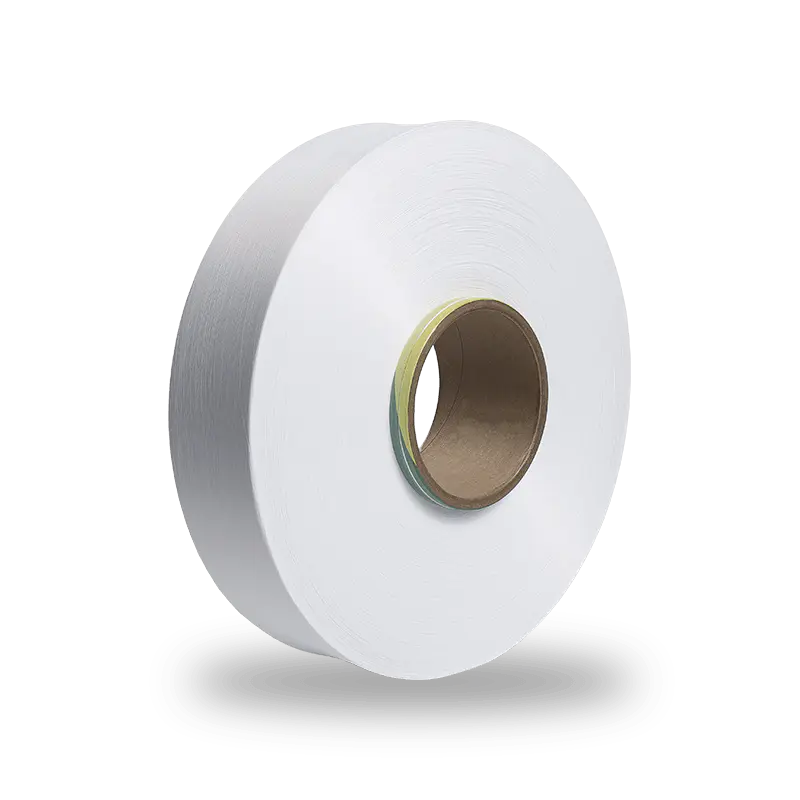
Waste minimization is a critical component of sustainable FDY production. In our facility, closed-loop systems allow for reprocessing of off-grade yarns and minimization of polymer residue during machine changeovers. Even the packaging materials for Nylon 6 FDY are selected with recyclability in mind, and we actively work with customers on returnable packaging options where logistics allow. Although these steps may seem incremental, collectively they form the foundation of a leaner, more eco-friendly operation that reflects long-term responsibility.
Compliance with international standards is no longer optional. Certifications like OEKO-TEX® Standard 100 and ISO 14001 are increasingly expected by importers, and we’ve aligned our factory operations to meet these benchmarks. But beyond ticking boxes, these frameworks help structure continuous improvement. Nylon 6 FDY isn’t just a product—it’s part of a larger environmental footprint. We’ve invested in real-time monitoring systems that track production emissions, power use, and material efficiency metrics, ensuring transparency and accountability throughout the process.
Of course, sustainability isn't just about equipment upgrades or certificates—it's a mindset. We believe that nylon yarn suppliers should be partners in innovation, offering buyers not only high-quality fully drawn yarn but also long-term value through responsible manufacturing. Our team actively collaborates with textile mills and apparel brands to explore FDY variations that meet both performance and ecological requirements. Whether it's developing lower-denier yarns with improved tear resistance or supplying custom spools that reduce waste, we see this as the future of B2B fiber supply.
If you're looking for a Nylon 6 FDY supplier that balances product consistency with a clear commitment to environmental goals, we’re here to deliver. We don’t just make yarn—we help build more responsible textile ecosystems. For more information on our sustainable product options or to discuss custom requirements, feel free to reach out.


 English
English 中文简体
中文简体 Español
Español عربى
عربى

